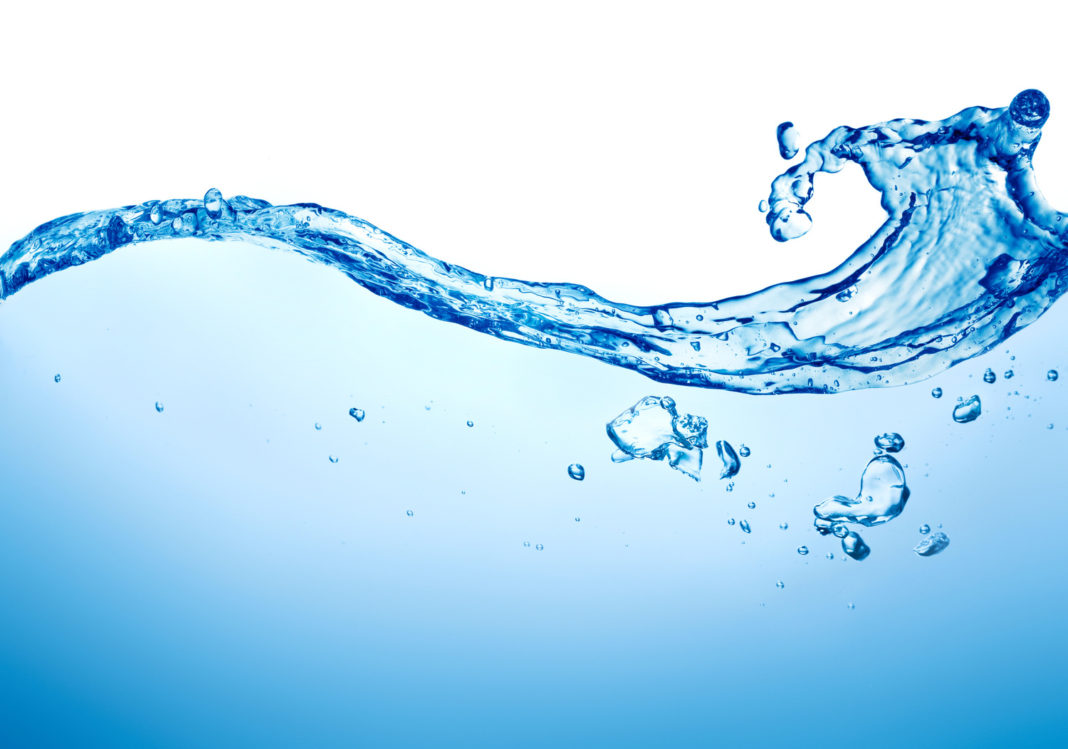Almost all scientific curriculum teaches that water exists in three states of matter; solid, liquid and gas vapor. However, science has recently discovered that liquid water might actually be in two distinctly different states. Discoveries published in the Journal of Nanotechnology indicate that water has a number of significant physical properties that exist between 50 and 60 degrees Celsius. If these properties correspond to a distinct state, this will cause a range of implications from the field of biology to nanotechnology.
Systems are formed from a number of molecules that correspond to different configurations depending on total energy. If there is another state of liquid water, this will come with a lot of implications and possible change functionality in a number of fields and industries. Molecules have certain properties at higher energies that tend to differ at lower energies. Therefore, if the temperature changes (i.e. goes up or down), structures will alter their forms according to temperature changes.
When it comes to complex molecules comprised of large numbers of configurations, the phases are not simple to distinguish. This is where the problem of having the fourth state of matter for water arises. For example, rich liquid crystals which are formed from complex organic molecules have the ability to flow like liquids and yet maintain a solid-like crystalline structure.
The phase of a substance is determined by its molecular formulation. Thus the physical properties change if the state changes. In the publication made in the Journal of Nanotechnology, liquid water was analyzed and at around 50 degrees temperature researchers discovered discrepancies in the properties of water.
Water is made up of 2 hydrogen atoms flanking an oxygen atom. Therefore, the properties of water depend on the hydrogen bond and its interactions. For this reason, water is unlike any other liquid. At room temperature, water flows whereas a fixed mass of water can take up more room as a solid than liquid. All these properties depend on hydrogen bonding. The properties that make up water make it simple and sophisticated at the same time. Therefore, if confirmed, this fourth state will come with a lot of applications. For example, the fourth state can be used in sensing applications. For now, this is all too exciting but comes with an ability to change interactions in biological systems.
More News To Read











